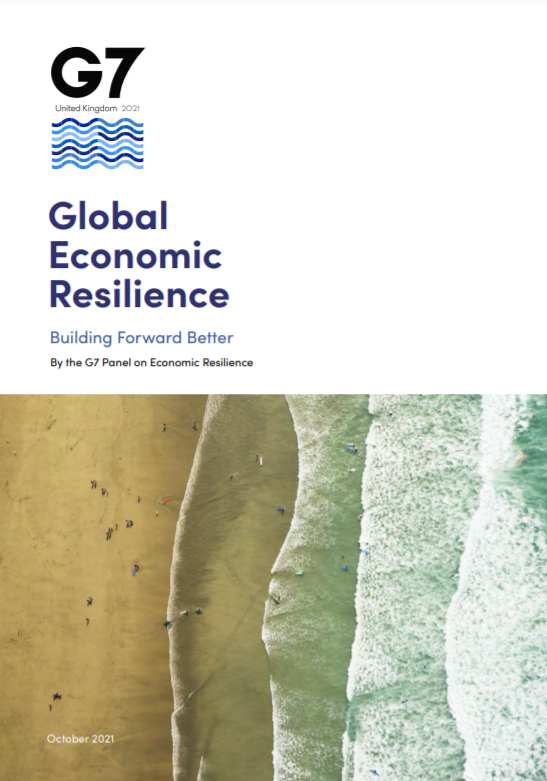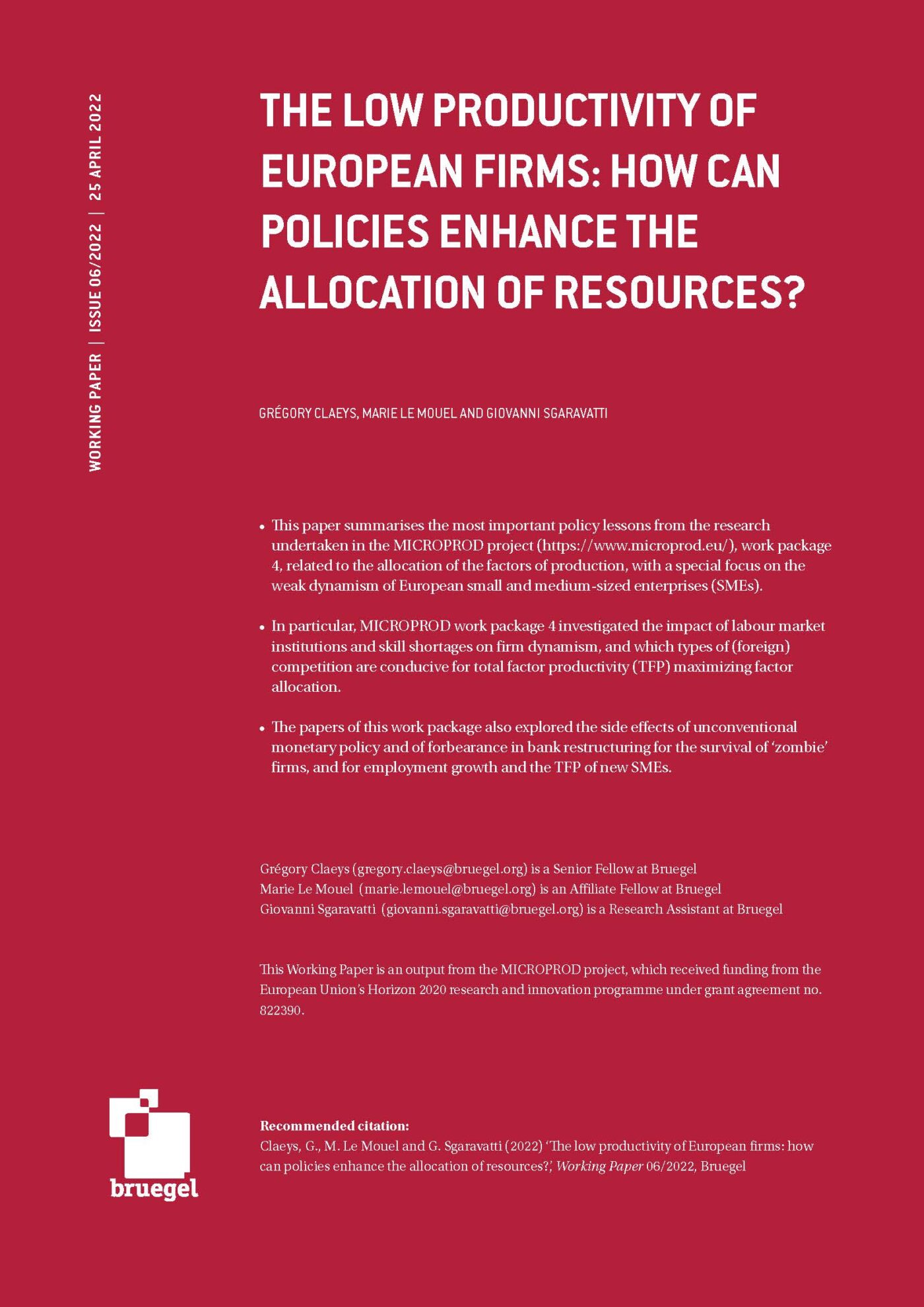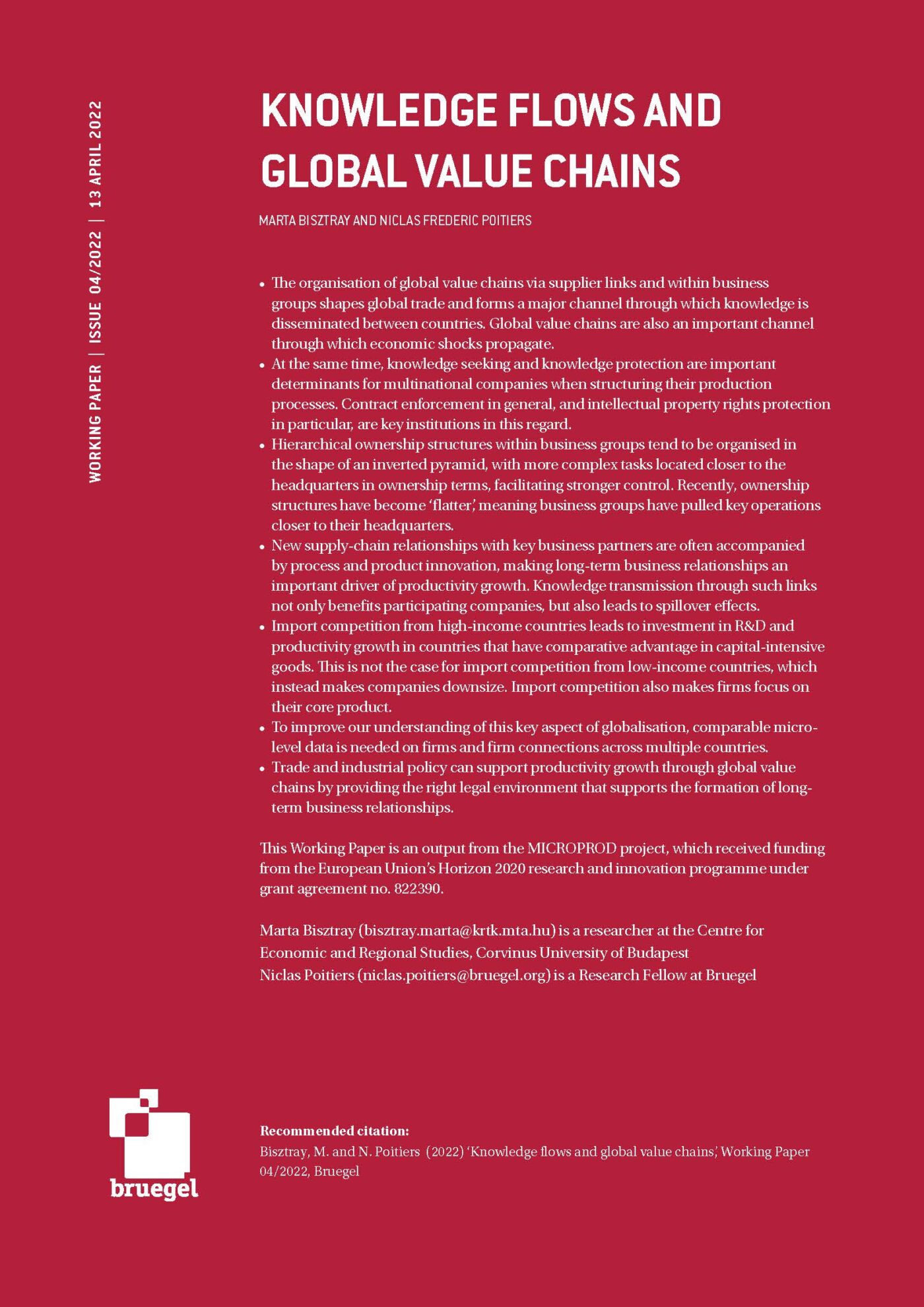External Publication
Global Economic Resilience: Building Forward Better
A roadmap for systemic economic reform calling for step-change in global economic governance to increase resilience and build forward better from economic shocks, prepared for the G7 Advisory Panel on Economic Resilience.
This report summarises the work of the Independent G7 Economic Resilience Panel in 2021, and its final policy recommendations, based on engagement and research throughout the year. The Panel, chaired by Lord Mark Sedwill, has produced an agenda for economic resilience, the Cornwall Consensus. The Panel has concluded that investment, standards and governance reform will be critical to overcome future shocks, such as pandemics, and the chronic underlying risks in our economic system. These reforms address the main categories of risk to economic resilience: environmental and health, and geo-political and socio-economic. The recommendations require collective and co-ordinated action by a united G7 to tackle systemic challenges across and within our interconnected markets.
Key recommendations made by the Panel include:
- Driving international and domestic investment in economic resilience to deliver the new infrastructure and research required to respond to the challenges of the coming decade;
- Ensuring that international trade rules enable the green transition, by demonstrating leadership by the G7 and allies through smaller agreements and alliances within the World Trade Organisation membership;
- Committing to information sharing, traceability and Environmental, Social and Governance standards reform for minerals critical to the green transition.
The Panel members were nominated by G7 Heads of State and Government:
- UK: Mark Sedwill, former Cabinet Secretary and National Security Adviser. Chair of the Atlantic Future Forum
- Canada: Carolyn Wilkins, former Senior Deputy Governor of the Bank of Canada
- France: Professor Thomas Philippon, Economist and Professor of Finance at New York University’s Stern School of Business; Economic Adviser to Emmanuel Macron
- Germany: Dr Stormy-Annika Mildner, Executive Director of the Aspen Institute in Berlin, Adjunct Lecturer Hertie School, and former Head of Department for External Economic Policy at the Federation of German Industries
- Italy: Professor Mariana Mazzucato, Special Economic Adviser to the Italian Government, and founding director of the UCL Institute for Innovation and Public Purpose at University College London
- Japan: Professor Nobukatsu Kanehara of Doshisha University, Tokyo; former Assistant Chief Cabinet Secretary to Prime Minister Shinzo Abe
- USA: Dr Felicia Wong, President and CEO of the Roosevelt Institute
- EU: Thomas Wieser, Bruegel Non-Resident fellow and former President of the Euro Working Group and the European Financial Committee









